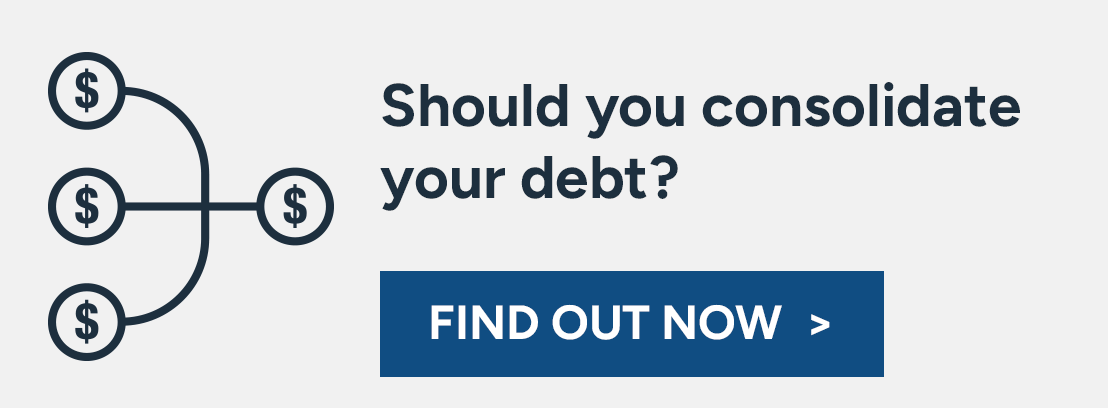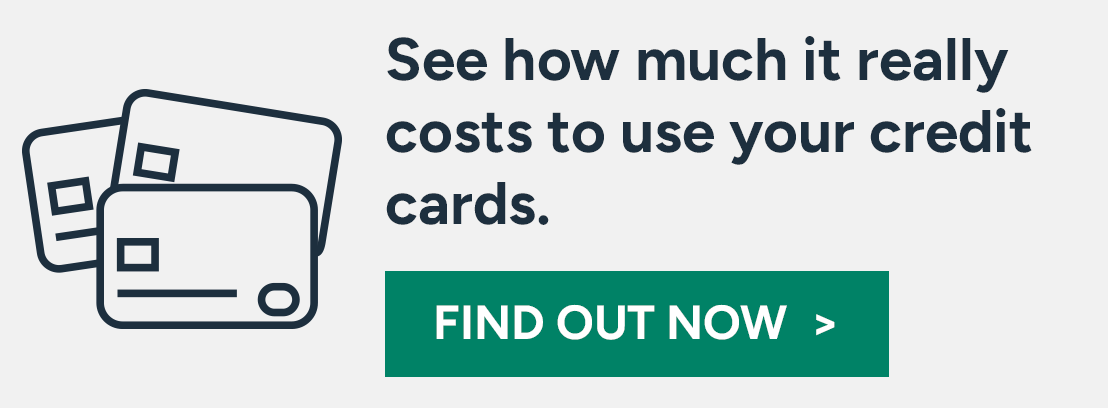Did You know? You will have to pay taxes on any amount of debt that is forgiven? This Process will significantly damage your credit rating.
Strategies For Negotiating Credit Card Settlement
When your credit card balances are spiraling out of control, you’re likely to get offers from many companies that want to help with negotiating credit card settlement. Many debt settlement agencies will suggest they can help you wipe out your debt through a credit card lump sum settlement that costs just pennies for every dollar you owe. But before you enter a credit card settlement process, you should fully understand the potential downsides of negotiating credit card settlement.
What is credit card settlement? Credit card settlement is a form of debt settlement, a debt relief strategy that promises to help you get out of debt more quickly by offering creditors a single payment that is less than your total debt. How does debt settlement work? It requires you to stop paying your monthly bills until the point where your creditors are concerned you may go bankrupt. At this point, the theory goes, they may be more likely to settle your debt for a portion of what you owe rather than potentially not collecting anything from you.
While negotiating credit card settlement works for some consumers, there are significant disadvantages. Your actual settlement may be 60 to 90% of your total debt – far more than debt settlement companies advertise. You’ll have to pay taxes on any amount that is forgiven. And whether you’re able to settle your debt or not, the entire process will significantly damage your credit rating and make it difficult to pursue your financial dreams.
10 Key Pieces of Advice to Negotiate Debt Settlement
1. Know Your Debt: Understand the full extent of your debt, including the total amount, the interest rate, and any additional fees or penalties. Having a clear picture will help you negotiate effectively..
2. Research the Creditor: Different creditors have different policies regarding debt settlement. Get familiar with your creditor’s policies and track record to know what to expect.
3. Document Everything: Keep detailed records of all your communication with creditors, including dates, times, names of representatives, and the substance of the conversations.
4. Be Prepared for Consequences: Understand that settled debt may be considered taxable income. Additionally, debt settlement can negatively impact your credit score.
5. Don’t Make Promises You Can’t Keep: Be honest and realistic about what you can afford to pay. Overpromising can lead to further financial problems.
6. Get Help if Needed: Consider hiring a reputable debt settlement company or financial counselor to negotiate on your behalf if you’re uncomfortable doing it yourself.
7. Be Patient: Negotiating debt settlement can take time. Don’t rush into agreements that don’t truly benefit your financial situation.
8. Understand the Agreement: Make sure you thoroughly understand the terms of any settlement agreement before you sign. If necessary, have a legal professional review it.
9. Save for the Settlement: Begin setting aside money for the settlement as soon as possible. You’ll often need to make a lump-sum payment.
10. Consider Alternatives: Debt settlement isn’t the only option. Look into debt management plans, debt consolidation, and bankruptcy to see if one might be a better fit for your situation.
What Does The ACCC Experts Say About Debt Settlement
When you want professional advice about whether negotiating credit card settlement is the best choice for you, the certified credit counselors at American Consumer Credit Counseling (ACCC) can help. Our nonprofit organization is dedicated to helping consumers just like you explore all the options for debt relief and choosing the path that makes the most sense for your financial situation. We can show you how to settle with credit card companies in a variety of ways, and help you determine whether negotiating credit card settlement will be the most effective way of paying down your debt.
Debt Management vs Negotiating Credit Card Settlement.
For many consumers wondering about negotiating credit card settlement and how to settle credit card debt most effectively, our team often recommends debt management instead. With a debt management plan, you won’t stop paying your bills or default on your debt. Consequently, debt management is much better for your credit rating. And with help from ACCC’s certified credit counselors, you may still be able to secure reductions in interest rates, finance charges and other fees that can help you pay your debt off more quickly.
To learn more about the benefits of debt management over negotiating credit card settlement, contact us for a free credit counseling session.




